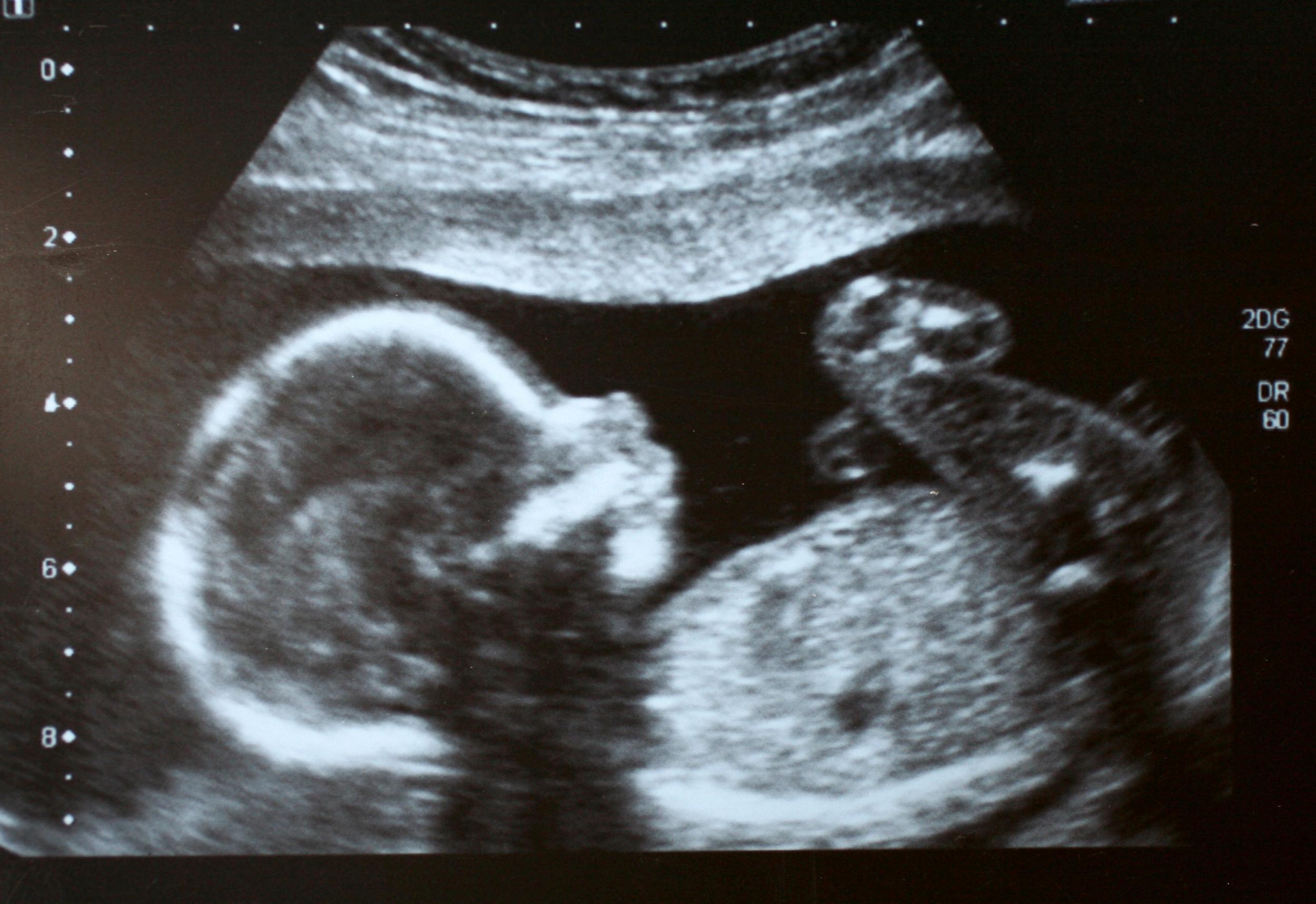Your support helps us to tell the story
From reproductive rights to climate change to Big Tech, The Independent is on the ground when the story is developing. Whether it's investigating the financials of Elon Musk's pro-Trump PAC or producing our latest documentary, 'The A Word', which shines a light on the American women fighting for reproductive rights, we know how important it is to parse out the facts from the messaging.
At such a critical moment in US history, we need reporters on the ground. Your donation allows us to keep sending journalists to speak to both sides of the story.
The Independent is trusted by Americans across the entire political spectrum. And unlike many other quality news outlets, we choose not to lock Americans out of our reporting and analysis with paywalls. We believe quality journalism should be available to everyone, paid for by those who can afford it.
Your support makes all the difference.Slovakian woman seeking an abortion would be forced to view pictures of their embryo or foetus under plans for a new law being considered by the country's parliament.
The draft law, to be voted on on Friday, would also require women to listen to the "foetal heartbeat" where technically possible before they could proceed with a termination.
The law, which would be the first of its kind in Europe, would also ban "advertising" of abortions and impose steep fines on those who disseminate it.
Last week an open letter signed by around 30 organisations including Human Rights Watch, Amnesty International, Marie Stopes International, and the International Campaign for Women‘s Right to Safe Abortion, called for the the plan to be rejected, describing it as "regressive".
They said "there is no medical reason whatsoever for the proposed changes" and pointed to judgments by the European Court of Human Rights
Human rights groups criticised the plan, which they said would harm women's reproductive rights and set a "dangerous" precedent for other EU countries.
“This legislation is a clear attempt to roll back on reproductive rights of the women of Slovakia," said Monica Costa Riba, a senior campaigner at Amnesty.
"If adopted, it will harm women’s health and well-being, obstruct their access to safe abortion care and violate Slovakia’s international human rights obligations.
“As per the World Health Organisation’s safe abortion guidelines, there are no medical grounds whatsoever for the proposed changes. Rather they appear intended to create barriers to obtaining abortion, and we call on all MPs to reject this regressive proposal.
“If adopted, Slovakia will become the only EU member state to impose such requirements on women and it would set a dangerous precedent for other countries in Europe.”
The proposal has cross-party support in the country and stands a chance of passing. A Focus agency opinion poll in September found 55.5 per cent of people disagreed with restricting abortions while 34.6 per cent supported the move.

Join our commenting forum
Join thought-provoking conversations, follow other Independent readers and see their replies
Comments